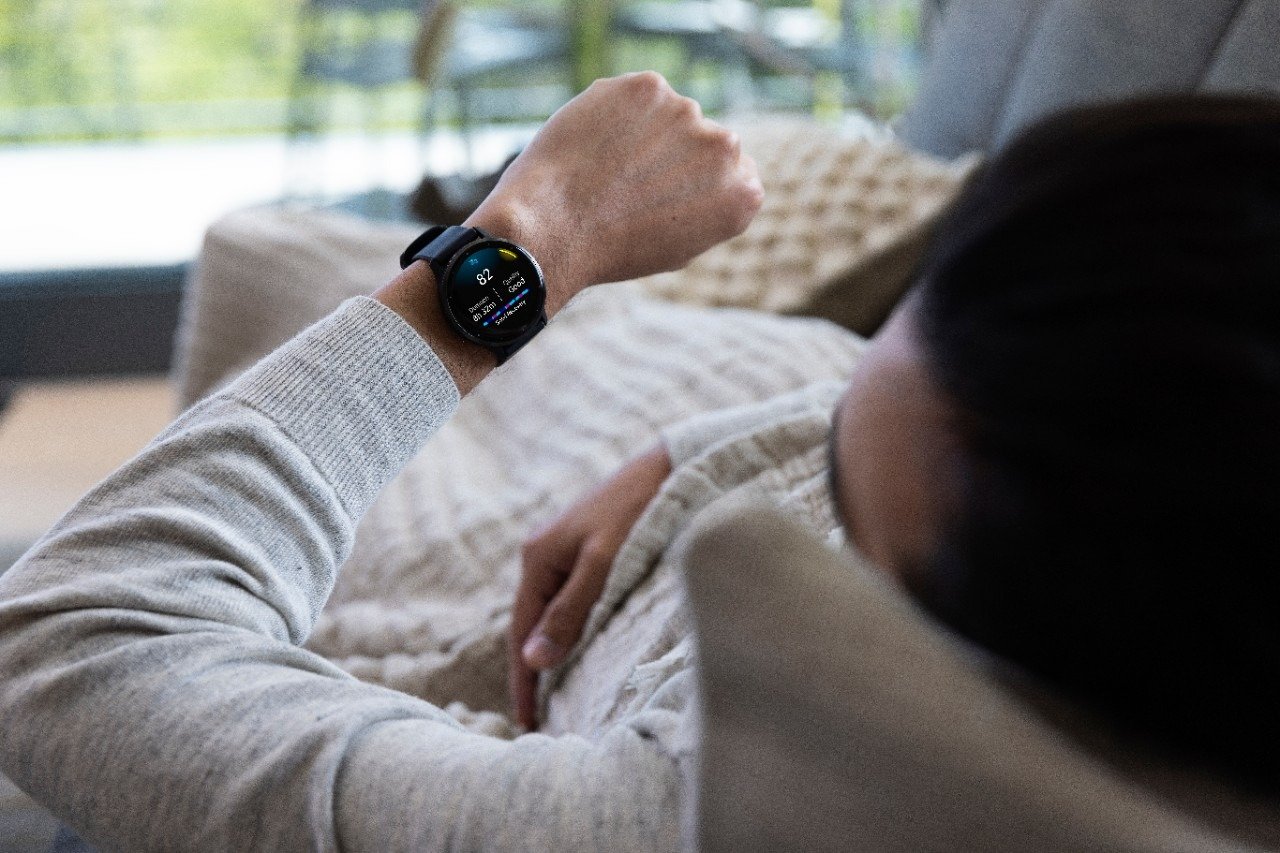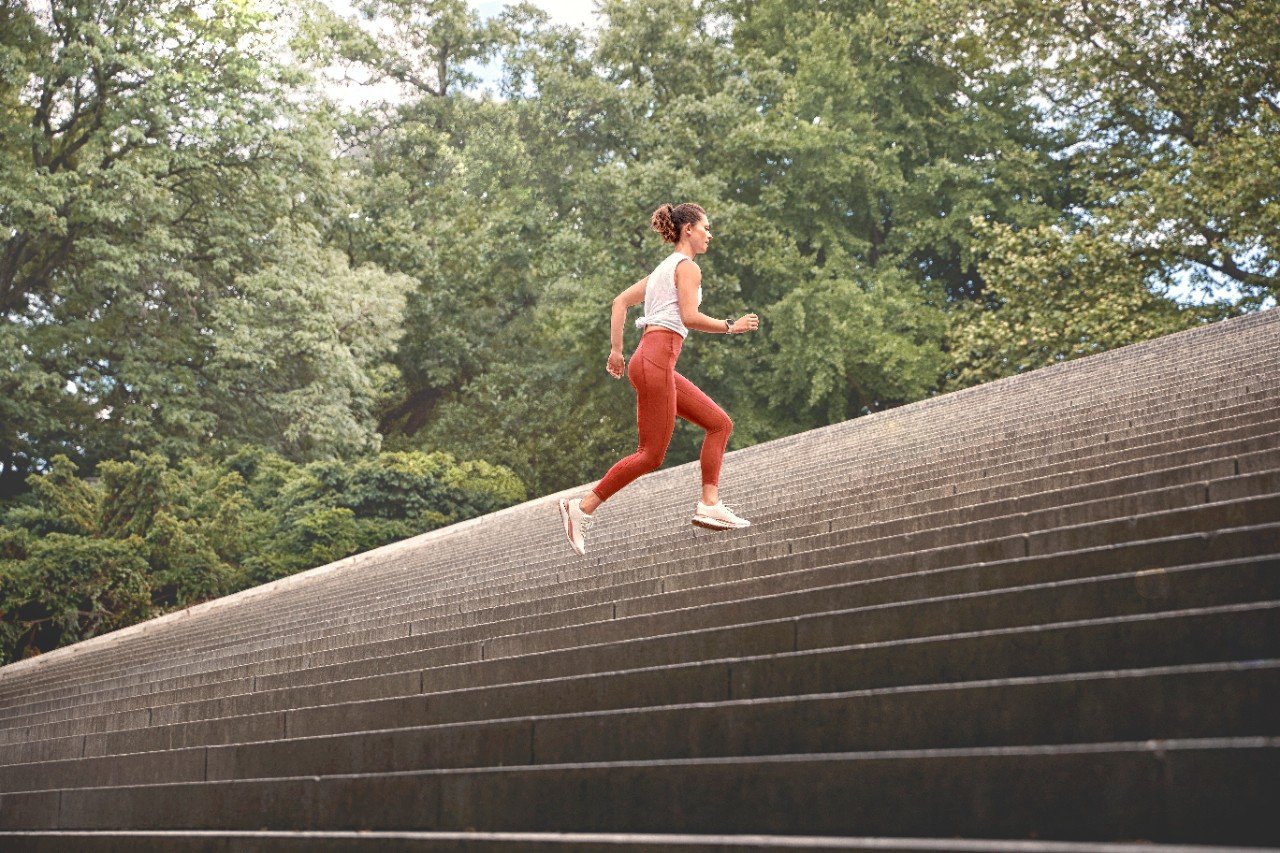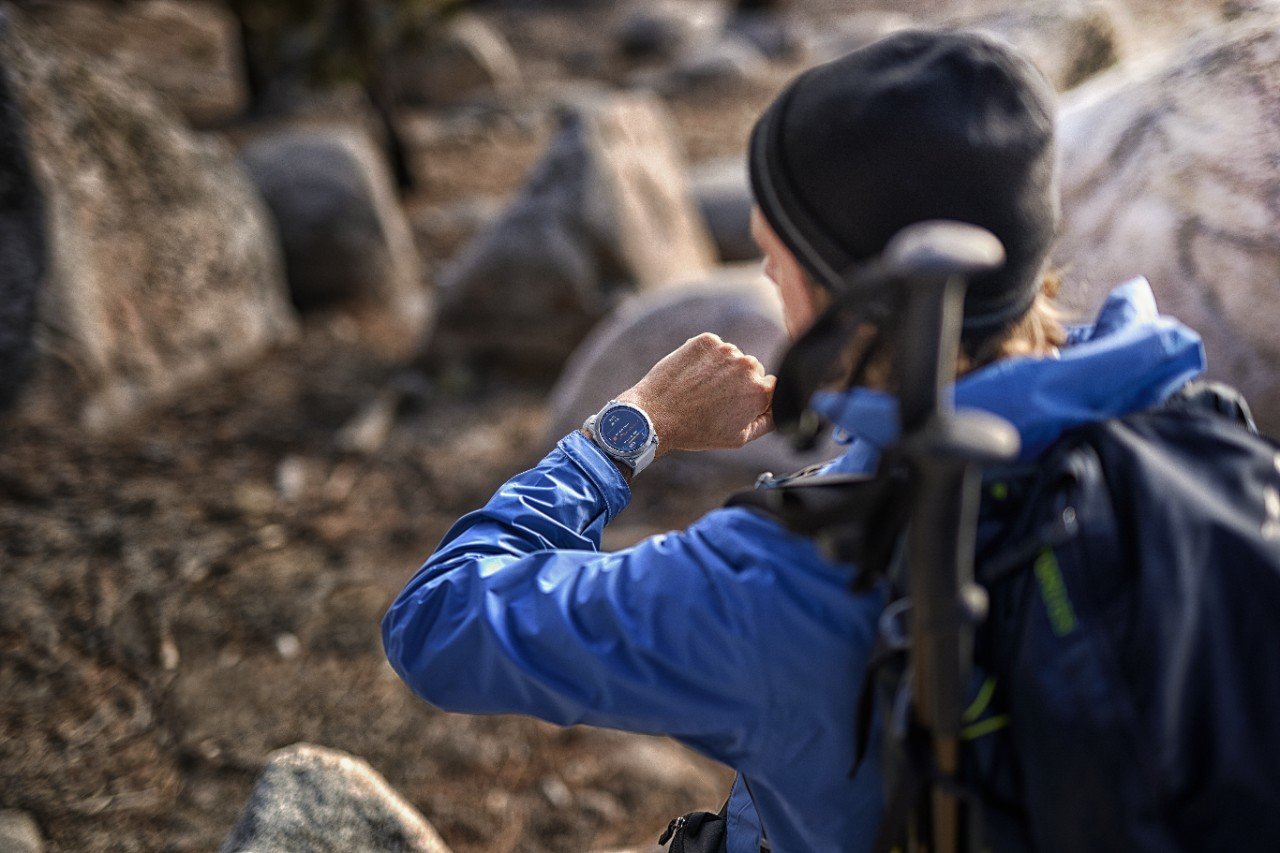
Wrap up for the Winter Games
I had high hopes for the Vancouver Winter Olympics. Of the five that I competed in, Calgary ’88 was by far the best. The whole city embraced the Games and even though the Canadian team failed spectacularly to win a gold medal, it did not stop the party. The Men’s Downhill traditionally kicks off the Winter games, mainly because it can be delayed so easily by bad weather, which meant once I had raced, all be it a couple of days later than schedule, I could spend the rest of the time enjoying the Canadian hospitality. I lost count of the number of times I was given lifts back to the Olympic village in the wee small hours!
My one nagging worry about these Games was the weather. I remember coming to Whistler three years in a row for a World Cup race, only for it to be cancelled each time. In the end the race was ditched from the calendar because no one would insure it anymore. The difference between the Olympics and a World Cup event is that races can be delayed and moved around to fit the weather. Although the finish of the Alpine Skiing was at a low altitude down in Whistler Creekside, I knew that there had been a record snowfall before Christmas. Cypress Mountain, home of the Freestyle Skiing and Snowboarding was another matter all together.
On the way up the road to Whistler I suggested we stop off and scope out Cypress Mountain. We got as far as the first road block, where we were very politely told that Cypress had a media block-out in effect; they were working on the snow and didn’t want any film crews getting in the way. By all accounts they were trucking and flying in snow from all over the place at considerable cost.
Of course, the week before the Games started conditions were perfect, with blue sky and great snow. Luckily the BBC producers had heeded the weather warnings, and we were busy filming features to cover any delays on the first day. Sure enough the weather came in just in time for the first Downhill training runs, the men got a run down the Dave Murray downhill, but the women were less fortunate. I was scheduled to forerun with the camera on their first training run, but the weather was looking particularly dodgy. I have got to say I found it a real test, even though with the camera I was going considerably slower than racing speed. Fresh snow was sticking to my goggles and the piste on the lower section was lightening-fast. I wiped the lens of the camera as I crossed the line and said it would be a tough test. Sure enough, the second racer, Stacey Cook, hit the nets after the tunnel jump, the weather came in and training was cancelled for the day.
The forecast looked bleak for the next few days, and we were prepared for a few delays. But nothing could prepare us for the tragedy that struck at the Olympic Sliding Centre. On the morning of the opening ceremony the Georgian Luger, Nodar Kumaritashvili, lost control in the last corner, hit hard on the exit and flew out of the track hitting a metal pillar. Anyone who saw the crash realised immediately that it would be fatal.
The opening ceremony went ahead under a cloud, in more ways than one. The Grand finally failed to work properly, only three of the four interlocking pillars came up as planned and as Wayne Gretski was bizarrely driven through the rain in the back of a pick-up truck, at one point the Olympic torch almost went out. I started to think that these Games were cursed.
Heavy snow in Whistler was falling as torrential rain at Cypress Mountain. The spectator areas for the Snowboard Cross became unsafe and the organisers lost yet more money in ticket refunds. Finally things started to look up, the Men’s Downhill, delayed for two days, got underway and turned out to be a cracking race, won by Didier Defago. The Women’s Downhill a couple of days later was even better; Lindsey Vonn skied to victory on a tough course with lots of crashes, the best of all coming from Anja Pearson. She was on course for a medal but lost control just before the final jump, in fighting to get forward before she took to the air, she in effect catapulted herself skyward. She flew over 60 metres and although landing on her feet, could not stand the impact. She crashed spectacularly across the line. Amazingly, the very next day she attacked the Super-G and picked up a bronze medal.
Britain won our first winter Gold medal since 2002, from Amy Williams in the Skeleton. All the pressure coming into the Games was on her team-mate Shelley Rudman, silver medalist last time around, and with all the talk of track access being denied to all but the Canadian Team, Amy turned up and owned it, setting a course record on her third run down. In sport sometimes it just all comes together; I don’t think even Amy could fully explain her dominance over the competition.
The Canadian Gold rush had started as well, with Alex Bilodeau in the Moguls. But worries remained about their great passion – the Men’s ice hockey team was faltering through the group stages.
Five days of cold clear weather allowed all the speed events to be held in Whistler, and the big winners were Alex Lund-Svindal with a Silver and a Gold medal and Bode Miller, who took one of each colour.
The big hit of the Games for the BBC was the Ski Cross; it recorded the highest viewing figures of the Games at 4.2 million. The event sees four racers fight it out head-to-head down a course of banked turns, rollers and jumps. The course was absolutely wicked, two massive Woo-Tangs out of the start sorted the field out before the first corner, then it’s just a case of battling your way down while trying not to be taken out. Sure enough, the very first race saw a big coming together between Ted Piccard the ex-downhill racer and brother of the Olympic Champion Franc Piccard, and Daron Rahlves, another ex-Downhiller, former winner of the Hahnennkamm in Kitzbuhel. Daron made a move on Ted in the last corner just before a large kicker, both of them lost control and were sent skywards virtually upside down. I was commentating with Ed Leigh, and I have to say it was my personal highlight of the Games.
For the Canadians, Vancouver 2010 could not have ended any better; the Men’s Ice Hockey team took Gold against their great rivals the USA. I watched the game in Whistler on a big screen in the centre of town, but to be honest if the snow conditions had been a little better I would have probably stayed up on the mountain! After the game we drove down to Vancouver and the streets were packed, it was like being in London if England were to win the World Cup at Wembley. Hundreds of really drunk, yet still very polite Canadians – they should be very proud of their roles as host to the greatest show on Earth.





